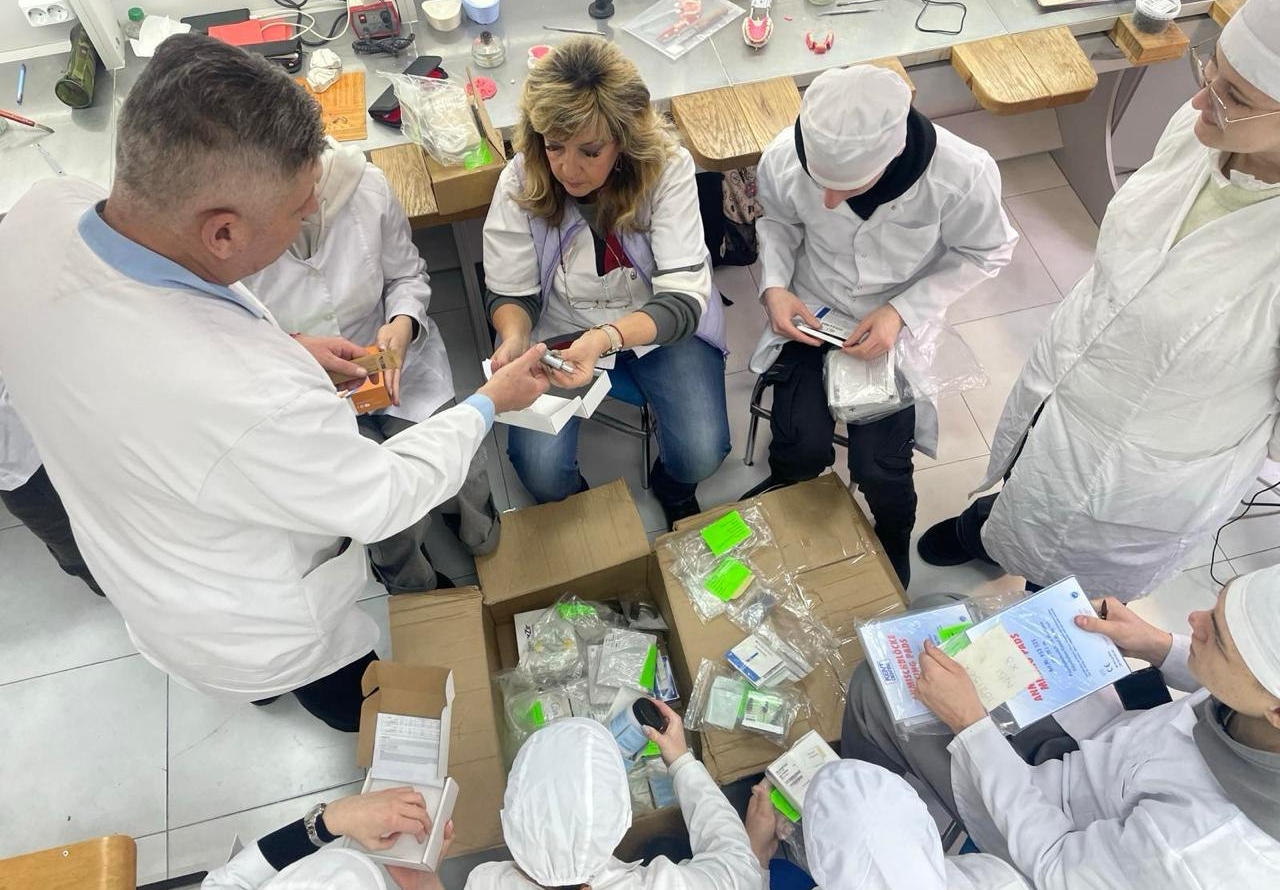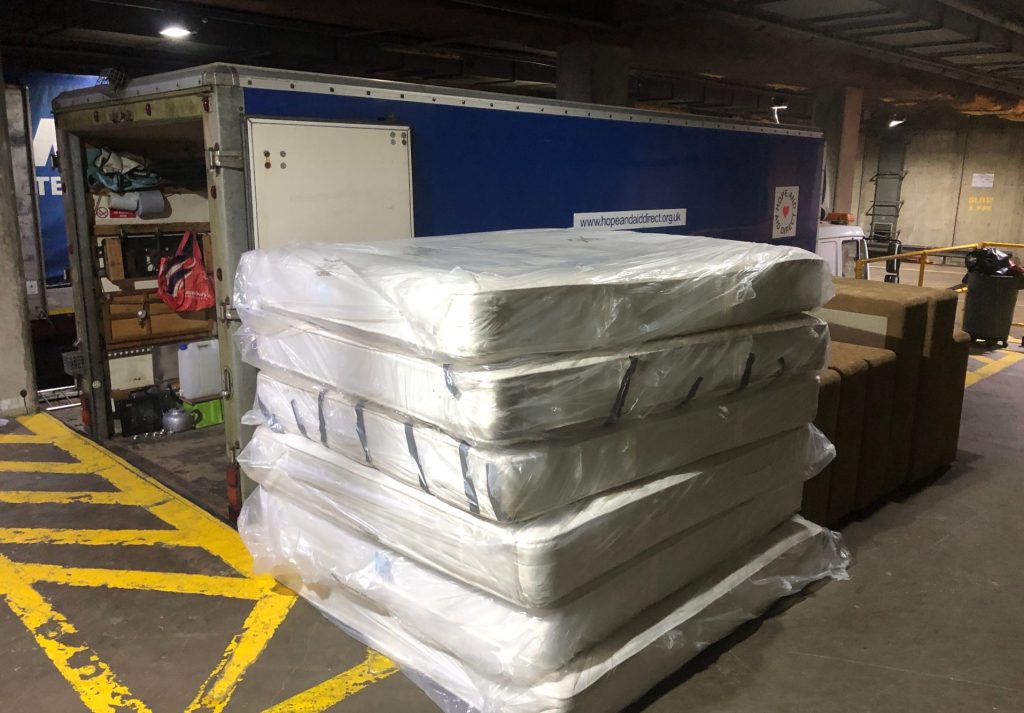A bold new initiative aims to redirect surplus goods, considered a waste by corporations, away from landfill and incineration and into the hands of those who need them most.
Each year, the UK discards around 40 million tonnes of commercial and industry (C&I) waste – much of it is still perfectly usable. While some of this is processed through Anaerobic Digestion (AD) or Energy from Waste (EfW) facilities, far too much still ends up in landfill.
But there’s a better way.
Humanitarian charity Hope and Aid Direct is giving UK businesses a smarter, financially beneficial and ethical alternative through its Donate to Divert initiative. Instead of paying to dump usable stock, businesses can redirect it to people who need it, slashing disposal costs and environmental impact in one move.
What’s more, tax relief is available on stock write-offs, with additional relief possible if donated to UK-registered charities, all claimed via standard tax return filings without extra administrative requirements.
“For too long, companies have had no real choice but to write off excess stock and pay for it to be destroyed, even when the items are in perfectly usable condition,” said Charles Storer MBE, founder of Hope and Aid Direct. “Donate to Divert changes that.”

Donate to Divert is a circular economy solution
Goods donated through the programme are redistributed to vetted humanitarian partners, charities and communities in need – with a current focus on Ukraine. This approach ensures valuable resources are put to good use, not wasted, while minimising environmental harm.
This initiative comes at a time when corporate sustainability commitments are under increased scrutiny, with the upcoming legislative changes to UK Emissions Trading Scheme (UK ETS) in 2028, extending to commercial waste from EfW facilities, resulting in additional waste disposal costs for companies.
And while Corporate Social Responsibility (CSR) targets are on the rise, businesses still lack practical, scalable options to reduce their environmental impact while also delivering social value.
Donate to Divert offers:
- A compliant alternative to disposal, aligned with Environmental, Social and Governance (ESG) goals and CSR commitments
- A simple, secure donation process, including inventory assessment and collection
- Full traceability, with impact reporting to demonstrate carbon and waste diversion tonnage
- Brand protection, ensuring donated goods are used responsibly and ethically
- Financial benefits such as cost savings on destruction and tax relief
Call for corporate partners
The charity is now actively seeking partnerships with manufacturers, wholesalers and large retailers across the UK. Any donations of goods still suitable for use before their end-of-life span are welcome, including but not limited to:
- Non-perishable food and drink
- Toiletries and hygiene products
- Clothing and footwear
- Bedding and household goods
- Medical supplies
“The waste crisis is solvable,” adds Charles. “But we need businesses to rethink disposal, not as the end of a product’s journey, but as the beginning of someone else’s.”
“Before any usable products are destroyed, ask yourselves if they might be needed (even though maybe not perfect), by those living in poverty or at risk in a war zone or natural disaster.”
Hope and Aid Direct is currently partnering with leading organisations including Henry Schein, the world’s largest provider of health care solutions to office-based dental and medical practitioners, and Whitbread, the owner of Premier Inn hotels. Since following this initiative, both companies have reduced their waste disposal costs whilst making a positive contribution to the charity’s humanitarian efforts in Ukraine.
To find out more or register interest in becoming a Donate to Divert partner, visit www.hopeandaiddirect.org.uk or contact the team at esg@hopeandaiddirect.org.uk
Charles Storer MBE is available for an interview or comment. Please contact Lucie Ager at lucie@rosemediagroup.co.uk for more information.
For more articles like this, visit our Sustainability channel.


